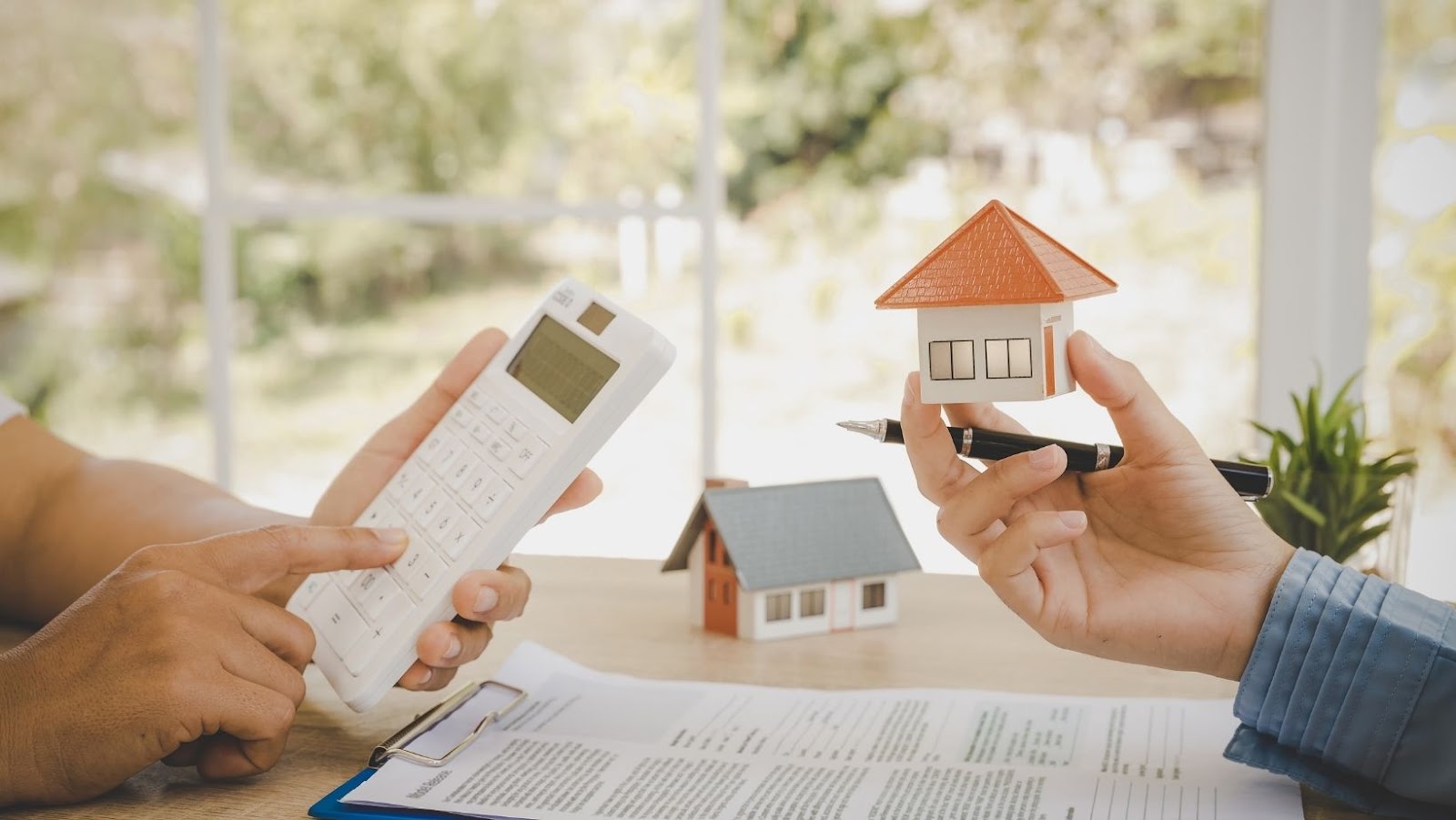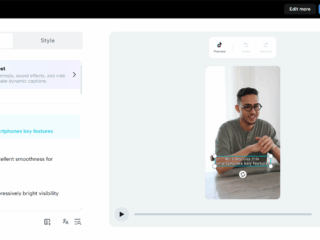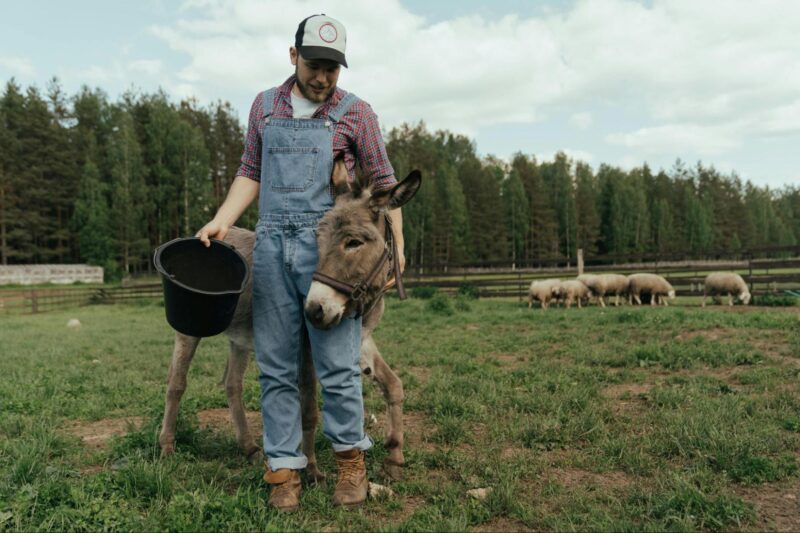
Buying a house is one of the biggest and most important milestones of adulthood.
Owning property possibly at River Ranch Townhomes Apartments Santa Clarita CA 91387 gives you the freedom to make a space that truly fits your vision. You can paint the walls, remodel, and decorate however you would like, and you don’t need to worry about restrictions on your activities. You’re completely free to make the space your own.
It’s no wonder that so many people aspire to buy a house then. They crave that freedom and the fulfillment of taking this big step.
But that excitement often leads people to rush. They don’t spend enough time considering what they really want out of their homes before pulling the trigger.
Buying a home is a big commitment. You don’t want to wind up with regrets because you didn’t think through all the ramifications of your choice. That’s why today we’ll be looking at three crucial and often overlooked considerations you must make when shopping for a home.
1: Energy Efficiency
Buying a house is expensive. Your mortgage is likely to be the biggest bill you face on a monthly basis.
This means home buying is a very costly endeavor on its own, regardless of other factors. But your home itself isn’t the only financial component of homeownership. You also face energy and utility bills.
While not as large as your mortgage, your energy bill can still be a significant expense. Factoring this into your purchasing decision will save you from unnecessary financial stress down the road.
There are a few things that can impact your energy bill.
The first is the structure of the house itself. Older houses with less insulation or draftier windows will require more energy to heat. This is because they leak so much of the warm air inside your home that your heater must work harder.
This can be remedied in some cases, but it can be expensive. It will often require you to replace the windows or add insulation to the walls.
The second factor that can impact your energy bill is the climate. Houses in colder climates require more heat in the winter, and hotter areas require more energy to cool in the summer. Also the climate is important if you choose to grow plants, for example the larry bird strain cannabis.
Having a poorly-insulated house or buying a house in a more extreme climate isn’t a deal-breaker, but you should factor it into your budget when making a purchasing decision.

2: Renovation and Addition Potential
The second thing you should consider is your ability to renovate or add on to the home.
You may buy a smaller house initially to save money or because you just don’t need anything bigger. But down the line, you may want to start a family or just need a bit of extra space.
The same goes for renovations. While almost any house can be renovated to some degree, older houses with specific structural features may not be able to match your remodel vision.
Take the time to consider your needs in the future and find a house that can accommodate them. This will keep you from having to move down the road.

3: Location
The final consideration you should make is where the home is in relation to the things you want to do.
Having a home that is far from work might mean you have a lengthy commute. This is not only unnecessarily stressful, but it also costs you more to drive each day. Those costs can seriously add up.
Additionally, the housing market is having a big impact on small business location. Small businesses are operating remotely now more than ever, meaning that living in cheaper areas often helps small businesses save money and grow faster.
Entertainment is also an important factor. If you know you want to be downtown frequently after work, it probably makes sense to spend a bit more for a house in the city. You’ll save yourself time and frustration in the long run by spending a bit more upfront.












